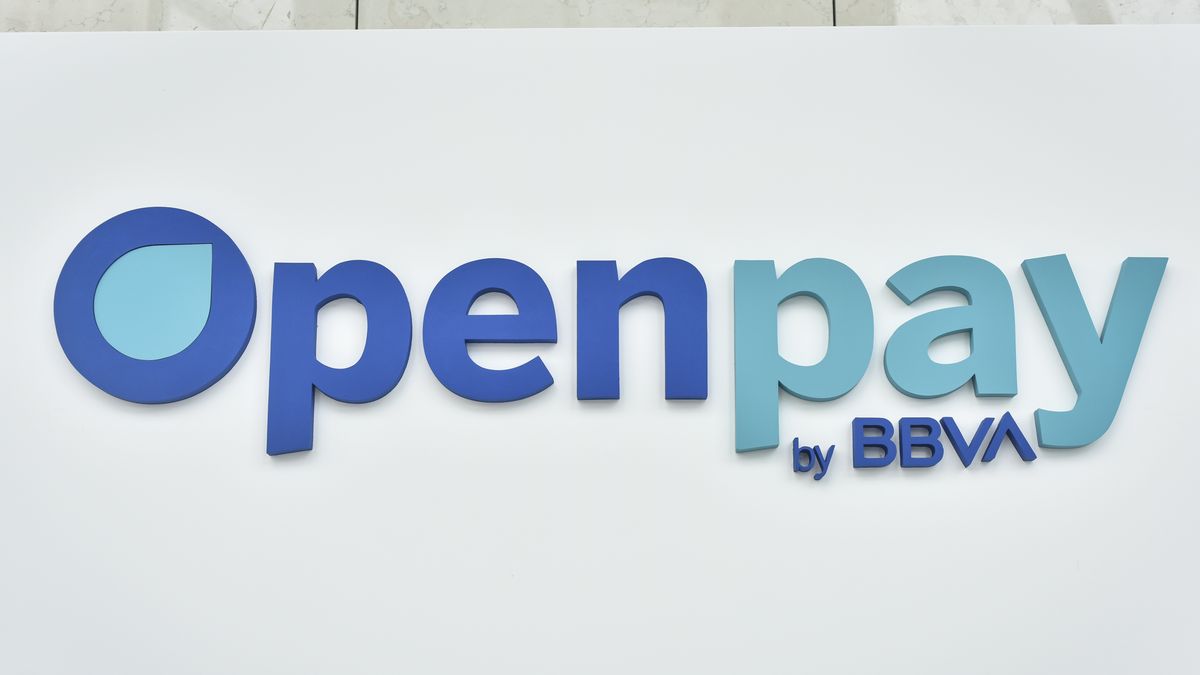Much of this momentum is due to the dynamics of electronic transfers, mainly those initiated on mobile devices, and debit cards.
In this context, BBVA brought OpenPay to Argentina, a payment consolidator that allows physical and digital collections such as debit, credit and prepayment. This service, intended for businesses, allows sales with cards and offers payments in installments. In addition, through the Openpay app you can sell in person, through a card reader that connects to your cell phone or remotely through a payment link.
How does OpenPay work and what are the requirements?
To start using it, you must create a digital account on the official OpenPay website or through the app downloaded from the PlayStore available on iOS and Android systems where the money from the sales will be deposited. It is not necessary to be a BBVA customer, just register and create a digital account according to the seller’s profile.
There are three profiles:
- casual profile: If you sell occasionally or have sales of up to $50,000 per month. You only need your ID to register.
- Entrepreneurial profile: You are a registered professional or you work independently (no sales limit). You register with your CUIL/CUIT registered in the AFIP. For this profile we will also need some information and documentation about your Gross Income number and AFIP registration form.
- Company profile: You have a company or business registered with the AFIP with its social contract. You can sell without limits. To register you need your CUIT, your Gross Income number and attach to the registry the AFIP registration form and the social contract or power of your company.
After each sale, after the crediting period, you can see the money reflected in the account balance and it will be available to use. That money can be withdrawn to an account in the client’s name or transferred to another bank account (CBU) or virtual (CVU).
One of the newest elements to highlight is the Open Pay mini to sell in person. It is a small card reader that connects via bluetooth to a cell phone or tablet and allows reading the magnetic stripe, chip or contactless technology of credit, debit or prepaid cards enabled.
The device, which can be purchased at all BBVA branches, also has a small battery that connects to a power source via USB cable and is wireless.
For entrepreneurs: what can you do with Open Pay?
- Different forms of payment and installments without interest
- Receive the money from sales from 48 hours after the operation depending on the term and the commission chosen.
- Consult statistics and data of the transactions carried out.
- Have a history with the detail of sales
- Send sales receipts and create your own database.
How OpenPay was born
Ambit was at the BBVA presentation together with Juan Carlos Ormaechea, General Manager of OpenPay in Argentina and Juan Christian KindtDirector of Business Development of BBVA in Argentina who gave details about what it means for BBVA to launch this new proposal for its clients.
“OpenPay was born a year ago and already has 20,000 individual accounts throughout the country. We have 35 people in the team and we plan to incorporate 50 more people,” they said. The objective in this development was to build a solution for small businesses. This financial tool is intended for individuals, bank customers and non-customers, SMEs, entrepreneurs and companies. Openpay is a fintech, a BBVA Group company, also with a presence in Mexico, Colombia and Peru, which develops payment solutions both online and in person. In Argentina, it provides the Payment Consolidator service, with solutions such as mPOS, QR, payment link, virtual wallet and soon ecommerce.
OpenPay was born as a startup in 2013 and was acquired by BBVA in 2017, becoming the first bank to acquire a payment processor. In Latin America, a region with low banking rates has become a favorable scenario for those who are not yet bank customers to find the first door of entry to financial institutions.
According to the data presented so far, they currently have 10,733 active customers (who have made at least one sale with this new tool), where 95% were individuals and 4% legal entities. The bank trusts that it will have a “exponential” development.
_MCP3184.jpg
Open Pay: benefits and commissions
Benefits
In addition to facilitating collections, it also offers interest-free installments and exclusive BBVA benefits. OpenPay mini has no maintenance costs or fixed costs. In Openpay you can sell with Visa, Mastercard, Cabal, Visa Debit, Maestro and Alimentar cards.
commissions
- Debit card: 2.99% (WITHOUT VAT) commission 2 business days for payment accreditation in the digital account.
- Credit cards:
– 4.99% commission 2 business days of payment accreditation
– 2.99% commission 10 business days of accreditation
– 0% commission 30 business days for accreditation of payment in the digital account.
The point in which they stand out and seek to make a difference with respect to fintech is related to the lowest commissions.
In Argentina, banks have a major challenge ahead: 1 out of every 6 transactions that are made, five are in cash. This indicates the need to continue walking the path of financial inclusion through innovative, fast, accessible solutions adapted to each type of client. “Despite the macroeconomic environment, we believe that we can do business in Argentina. Informality, for us, is an opportunity to penetrate that market and to be chosen”they expressed.
Source: Ambito
I am a 24-year-old writer and journalist who has been working in the news industry for the past two years. I write primarily about market news, so if you’re looking for insights into what’s going on in the stock market or economic indicators, you’ve come to the right place. I also dabble in writing articles on lifestyle trends and pop culture news.




